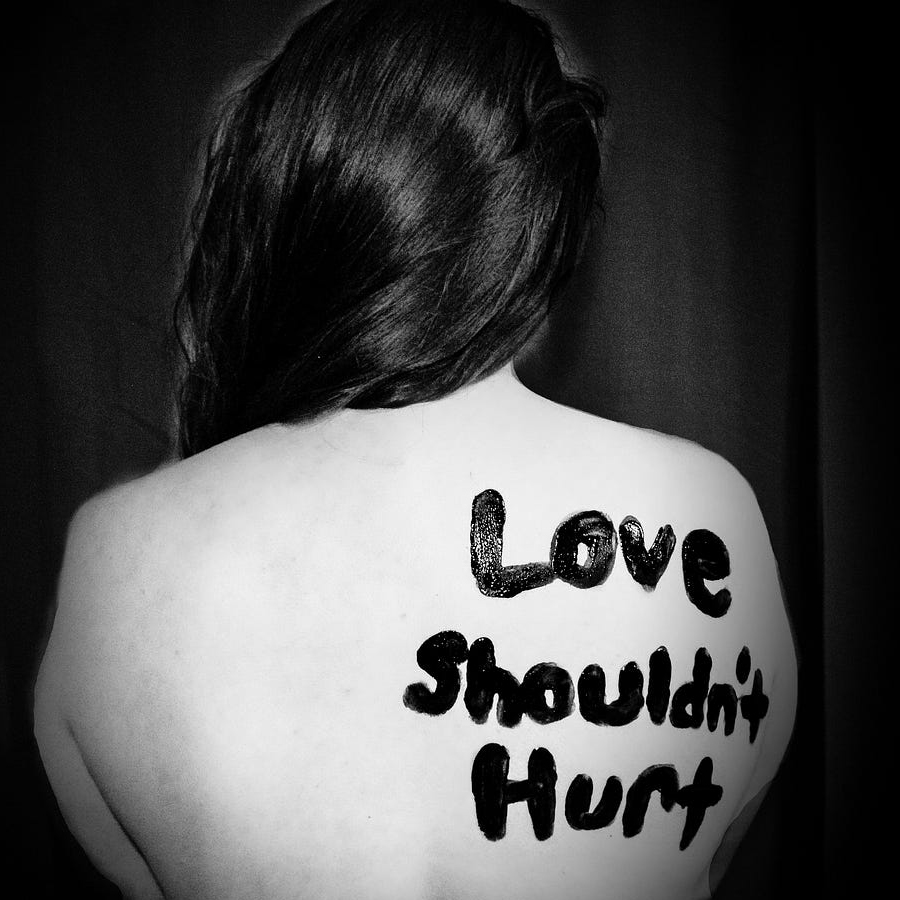The Effects of Relational Violence on Women and Children
In South Africa, a woman is more likely to be hurt or killed by an intimate partner than a stranger.
According to some reports, 1 in 3 women in South Africa are likely to experience intimate partner violence in her lifetime. Intimate Partner Violence (IPV) refers to abuse or violence that occurs within a close, usually romantic relationship.

What is Intimate Partner Violence?
IPV is any frequent behaviour within a current, former or would be intimate relationship that causes physical, emotional, psychological, financial or sexual harm to either partner (Joyner et al., 2015). Forms of IPV are:
Physical Violence: slapping, pushing, hitting, punching, kicking, choking, burning – any form of physical punishment and pain.
Psychological/ Emotional Violence: insults, humiliation, gaslighting (making you doubt your own reality and perceptions), control, intimidation, threats, isolation, invalidation, manipulation (using guilt, shame, loyalty, rage).
Controlling Behaviours: isolation, coercion, financial dependency, monitoring of movements, stalking, restricting access to employment, family friends, education, health care.
Sexual Violence: any type of forced (non-consensual) sexual intimacy or activity; any form of sexual coercion.

The Effects of IPV on Women
Intimate Partner Violence has devastating effects on the abused partner. Abused women are twice as likely as non-abused women to develop physical and mental health problems (Joyner et al., 2015).
Physical health problems may include: General somatic (body) pains and/or chronic pain syndrome – sexually transmitted infections (including HIV) – unwanted pregnancy, miscarriage or complications from pregnancy termination – bruising, broken bones and internal injuries – damage to reproductive organs – disability – disfigurement – death.
Emotional and Psychological Effects include: Stress, anxiety, depression – panic attacks – post traumatic stress disorder (PTSD) – low self-esteem – emotional numbness or mood swings – social anxiety – substance abuse/addiction – eating disorders – self harm – suicide.
Additional effects of experiencing IPV Include:
Social Isolation and Financial Insecurity: being cut off from friends and family – fear of seeking help due to threats from the abuser – lack of access to medical care – financial dependence due to limited or denied prohibited opportunities.
Ongoing Relationship Difficulties
Even after leaving an abusive relationship, many women survivors find it difficult to trust and feel safe in new relationships. This is where counselling and therapy play a crucial role in healing.


The Effects of IPV on Women
The more Adverse Childhood Experiences (ACEs) a child experiences, the more vulnerable they are to developing mental health problems, including Complex Post Traumatic Stress Disorder (C-PTSD).
Witnessing or experiencing domestic violence constitutes at least one major ACE experience.
Additional risk factors include physical/ emotional neglect, parental substance abuse and parental mental illness.
Trauma during childhood impacts brain development, attachment style and social functioning.
This often carries forward into adulthood, affecting relationships, mental wellbeing and resilience.
Specialised therapy, by suitably trained counsellors/ psychologists, is essential to help children who experience domestic violence and other ACES during their formative years.
How to Get Help:
You do not need to suffer alone.
There is help available.
Collaborative Counselling
Collaborative Counselling provides counselling to women experiencing IPV, whether they are still within the relationship, are separated or post-divorce. We understand the complexities of such relationships and work with you, wherever you are at.
We also offer referrals to: DSD (Department of Social Development) – Family law/Divorce attorneys – Play therapy specialists (for the children) – advise on Safety Plans.
For more information, contact us at info@collabcounselling.co.za | Whatsapp 083 600 0191

Social Services and Support Groups:
- Speak to a safe, supportive doctor, social worker, counsellor and/or legal representative.
- Contact your local Department of Social Development (DSD) to access social worker support and guidance.
- Contact a Help Line to talk to a counsellor and find out more about support options in your area:
- SADAG 24 hour helpline: 0800567 567
- GBV 24 hour Helpline: 0800 428 428 / 0800 150 150 / sms “help” to 31531
- The Saartjie Baartman Centre for Women and Children: 021 633 5287
Protection Order: you can apply for one at your local SAPS. This involves submitting an affidavit and supporting evidence, after which the court reviews and may grant the order.

Resources and References:
Joyner K, Rees K & Honikman S (2015) Intimate partner violence (IPV) in South Africa: How to break the vicious cycle (Policy Brief). Cape Town and Stellenbosch: Alan J Fisher Centre for Public Mental Health, University of Cape Town and Stellenbosch University.
Oosthuizen, M., Martin, L., & de Villiers, D. (2024). Towards a Gender-Based Violence Index for South Africa: An Overview and Proposed Way Forward – 2024. https://www.parliament.gov.za/storage/app/media/OISD/Reports/Commission_for_Gender_Equality/2024/01-08-2024/GBV_Index_Report.pdf
Sexual Violence Research Initiative. (2020). Gender-Based Violence in South Africa. Safer Spaces. https://www.saferspaces.org.za/understand/entry/gender-based-violence-in-south-afric
Shoba, M., Mtombeni, B., & Kwanhi, T. (2024). The Contributing Factors to Gender-Based Violence in South Africa: The Nexus Between Ubuntu and Adult Education. Journal of Social Sciences, 23(2), 1–21.
For more information contact Tracey at: tracey@collabcounselling.co.za


